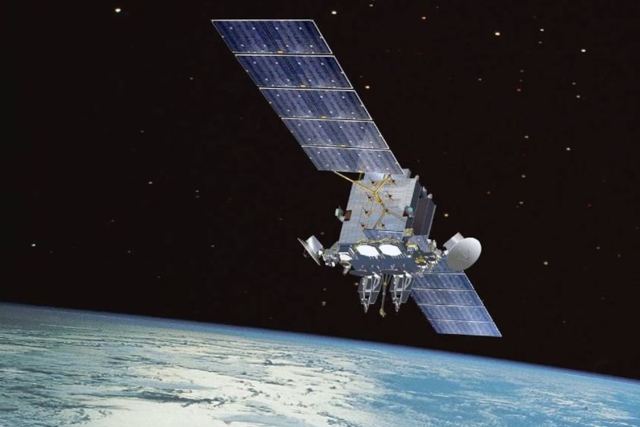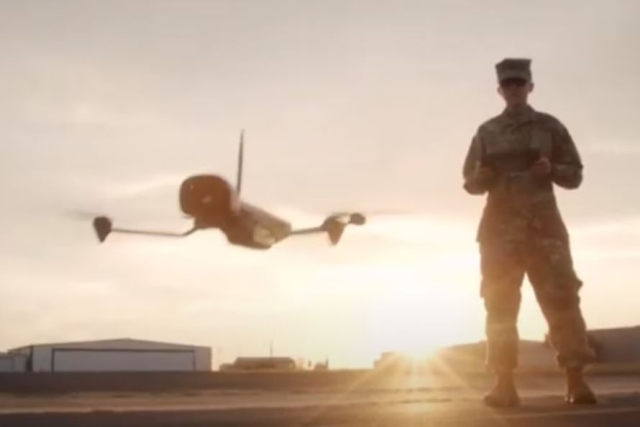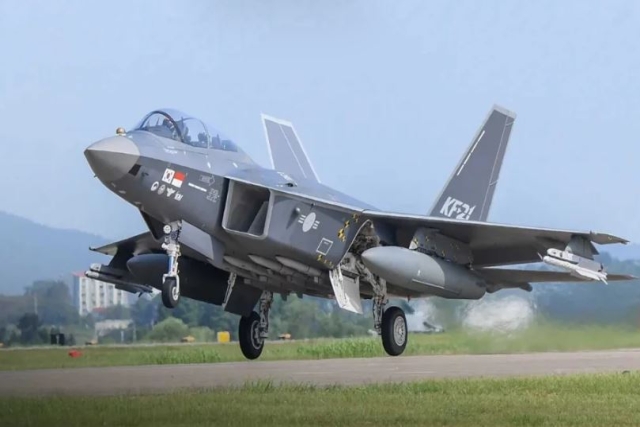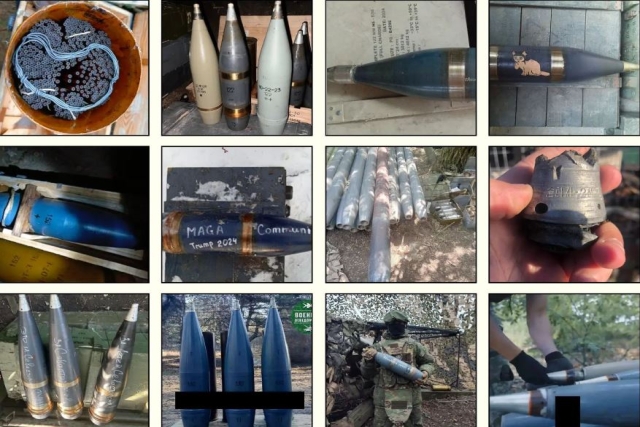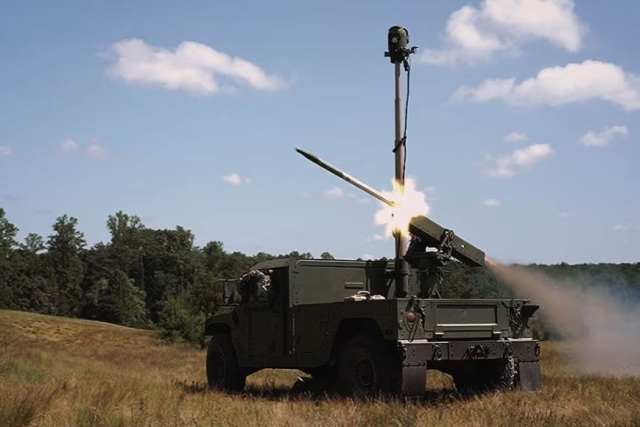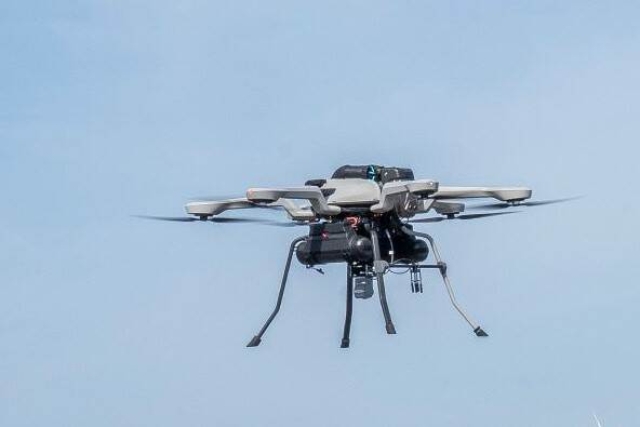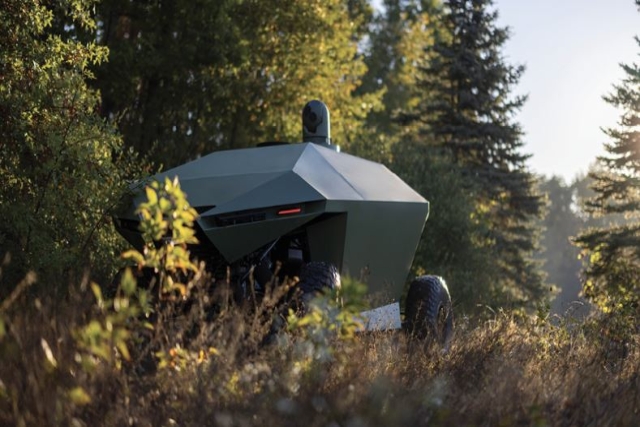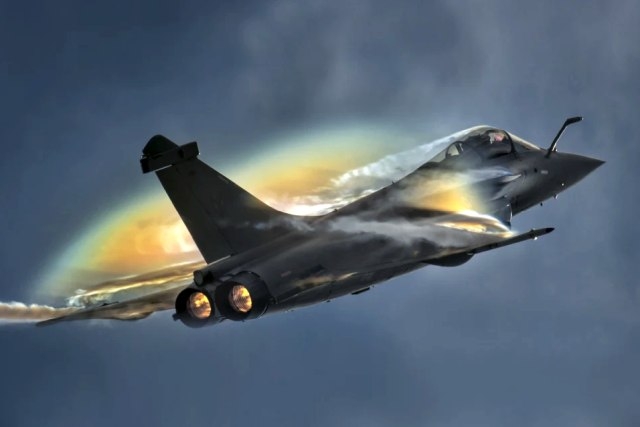Korean DAPA Offers Supply Chain Partnership to NATO, EU
Visit by Korea’s defense procurement chief aims to deepen ties with Europe’s key security institutions
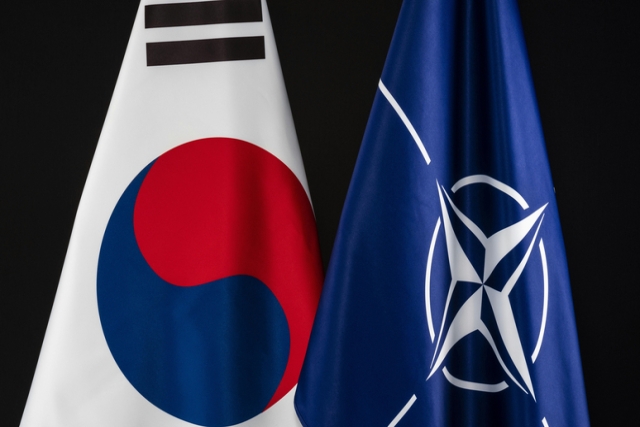
South Korea’s Defense Acquisition Program Administration (DAPA) has proposed a supply chain partnership with the European Union and NATO as part of efforts to expand cooperation with Europe’s defense sector, in line with rising demand for rearmament across the continent.
During a visit to Brussels on Wednesday, DAPA Minister Seok Jong-geon held high-level talks with senior officials from both the EU and NATO to offer defense industry cooperation and to position Korea as a reliable partner in Europe’s evolving security landscape. This marks the first time a DAPA chief has met directly with EU leadership, reflecting the growing stature of South Korea’s defense industry.
The trip comes in response to the EU’s “Preparedness 2030” white paper, released in March, which calls for major investments in the bloc’s defense capabilities. Minister Seok presented Korea’s case as a dependable ally with decades of defense manufacturing experience, developed in response to persistent threats from North Korea.
In a meeting with EU Defence and Space Commissioner Andrius Kubilius, Seok voiced strong support for the rearmament strategy and proposed launching joint research programs in emerging technologies, including artificial intelligence, space, and quantum science.
“Korea has developed over 70 years to counter persistent threats from the North,” said Seok. “We are contributing to European security through close cooperation with EU members, and now aim to build a mutually complementary defense supply chain.”
His talks with NATO Deputy Secretary General Radmila Shekerinska focused on enhancing interoperability between Korean and NATO equipment, a lesson drawn from the ongoing Russia-Ukraine conflict. Seok also proposed the creation of a Korea-NATO Defense Industry Council to be convened within the year to address shared industrial needs and future cooperation.
NATO welcomed Korea’s continued humanitarian aid to Ukraine and acknowledged the importance of building a more integrated deterrence strategy linking the Indo-Pacific and Euro-Atlantic regions.
Seok emphasized that growing ties between Russia and North Korea, alongside ongoing global tensions, require a broader strategic alignment between Korea, the EU, and NATO. “We aim to turn the challenges posed by European rearmament into opportunities for collaboration,” he said.
NATO-South Korea Relations
NATO and the Republic of Korea cooperate on shared security challenges such as cyber defence, arms control, non-proliferation, technology, and counter-terrorism. Their partnership also supports NATO’s broader engagement with Indo-Pacific partners, including Australia, Japan, and New Zealand. The two have been in dialogue since 2005 and advanced their cooperation through tailored partnership programs, with the latest agreed in July 2023. In 2022, South Korea opened a diplomatic mission to NATO, furthering political dialogue.
Key areas of cooperation include cyber defence, where South Korea participates in NATO exercises and platforms; technology, through joint research projects under NATO’s Science for Peace and Security Programme; and arms control, with support for denuclearisation of the Korean Peninsula and participation in NATO’s non-proliferation forums.
In July 2024, they signed a military airworthiness certification agreement, the first of its kind between NATO and an Asian country. South Korea also supports Ukraine via NATO's assistance efforts. Interoperability is promoted through personnel exchanges, training, and joint exercises.
